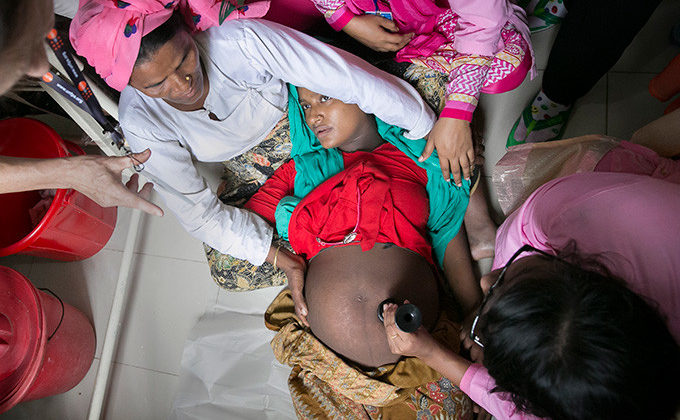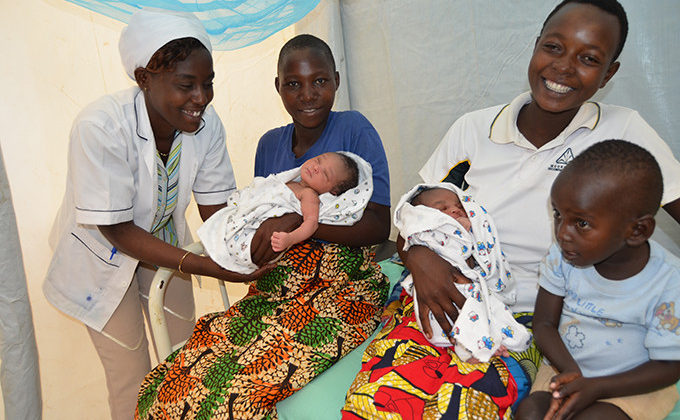
Reproductive Health Waits for No One: The Women Forgotten During Times of National Crises, and How the UN is Helping
This past year, the sexual and reproductive health agency of the UN, known as the United Nations Population Fund (UNFPA), has devoted particular attention to providing accessible family planning and preventing maternal deaths and gender-based violence on a global scale. The UNFPA will now be opening an office in Geneva to further strengthen its global humanitarianism protocol during times of natural disaster and armed conflict, as many reproductive health issues are exacerbated amidst these crises (see link regarding gender disaster data). A hallmark of the UNFPA response to such adverse events are “female dignity kits,” devised to address the multitude of barriers to care faced by women in developing countries which are not immediately apparent to the homogeneous body of male humanitarian responders. These dignity kits include sanitary napkins, soap, underwear, and other toiletries. The new Geneva office will coordinate the efficient delivery of these kits and streamline all facets of the UNFPA’s humanitarian operations.
For more information regarding the relationship...




